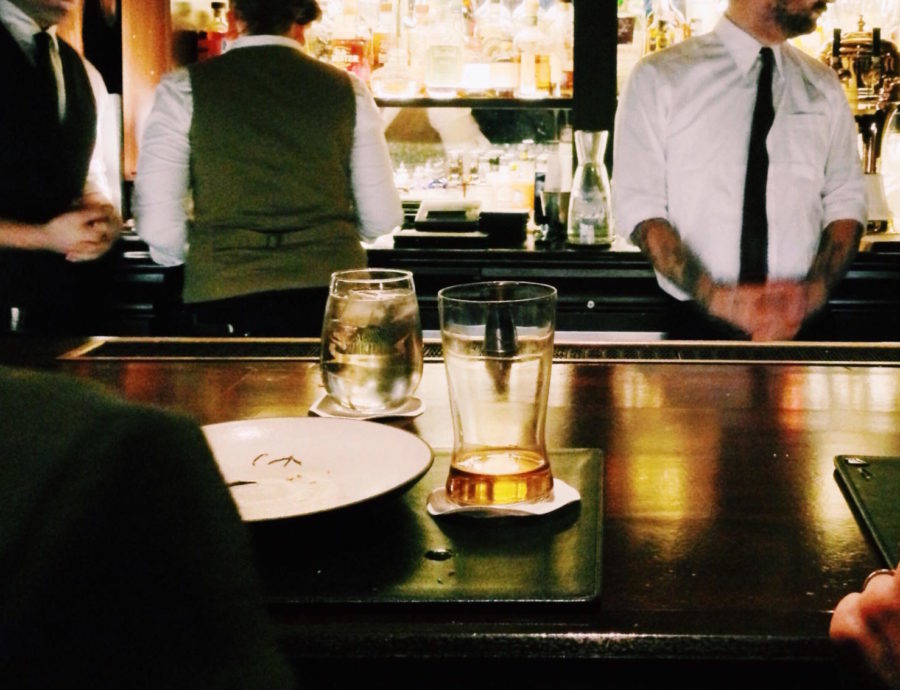Sexual assault and rape are severe problems. Statistics show one in every four women are sexually assaulted in college, women and men between the ages of 12 and 34 are at the highest risk of sexual assault and rape.
In many cases, the assailants are convinced that the victim in some way asked for it or deserved it for something they said or were wearing. It has evolved into a social norm and nationwide mindset that if women don’t want to be harassed or fall victim to rape or sexual assault, then it is a woman’s job to be mindful of what we wear in public.
No person should ever have to consciously oppress their individuality by not wearing what they wish because they fear body shaming, name calling, sexual assault or even rape. We’re all born naked and we shouldn’t be ashamed of what we have under our clothing. We should be allowed to express ourselves however we feel comfortable.
Celebrity model Amber Rose has taken a stand against rape-culture, starting a march that she named, “Slut Walk.” She’s become vocal about the terrible injustice that women face every day from catcalling, sexual assault, victim blaming and body-shaming. Rose wants to help educate women to understand their beauty and not to be ashamed of their bodies or feel like how they are dressed is asking to be victimized.
The walk, founded in 2011, continues to educate and spread awareness about ending rape culture, victim blaming and sexual assault. Rose is determined to make women feel empowered, and reassures them they are free to express themselves by wearing whatever makes them feel as beautiful on the outside as all people are on the inside. The clothes don’t make a person who they are, and the clothes women wear don’t make a person commit rape. Our society must realize that sexual assault and rape are choices.
In certain jobs employees are required to wear a uniform. Some people see the Hooters uniform as a controversy. The uniforms consist of a white tank top, orange shorts, tan nylons and white shoes paired with white no-show socks. Some people view this uniform as revealing and somewhat sexual. I, along with other Hooter-girl employees, have a different view.
At the Hooters location in Rohnert Park, Vanessa Gallagher, 21, explained her variety of experiences with sexual assault on the job. Gallaher doesn’t feel like her uniform is anywhere near revealing.
“I wear shorter shorts outside of work, and all the layers cover up 90 percent of our bodies,” she said. Many of the employees feel as if it is just another uniform, while facing ridicule and shame on a regular basis in our workplace from customers, oftentimes referring to us as strippers.
Gallagher has been victimized by catcalling, sexual assault, and even stalking that almost turned to an abduction. “A customer followed me home and he tried to grab me. I thought I was going to be kidnapped! I could feel his presence behind me as I unlocked my door,” Gallagher said.
She can only assume it was an infatuated customer that must have followed her from Hooters. The culprit was never caught and this theory was never officially confirmed. Gallagher told her tale numerous times prompting a few people to believe her job choice and uniform could have brought it on.
How is it widely accepted by society that the impulses of dangerous predators are excused as the victim’s fault? How is it that what someone wears or if someone interacts in a flirtatious manner signals a green light for unwanted sexual attention.
We have only begun to shed light on this dark mindset our society shares. People must put their collective foot down and call out unwanted attention, so we can stop sweeping these reprehensible actions under the rug and put an end to this terrible culture for good.


